Side Effects Of Coriander Seeds You Should Know
Keep in mind the dangers of overindulging in this pleasantly aromatic spice.
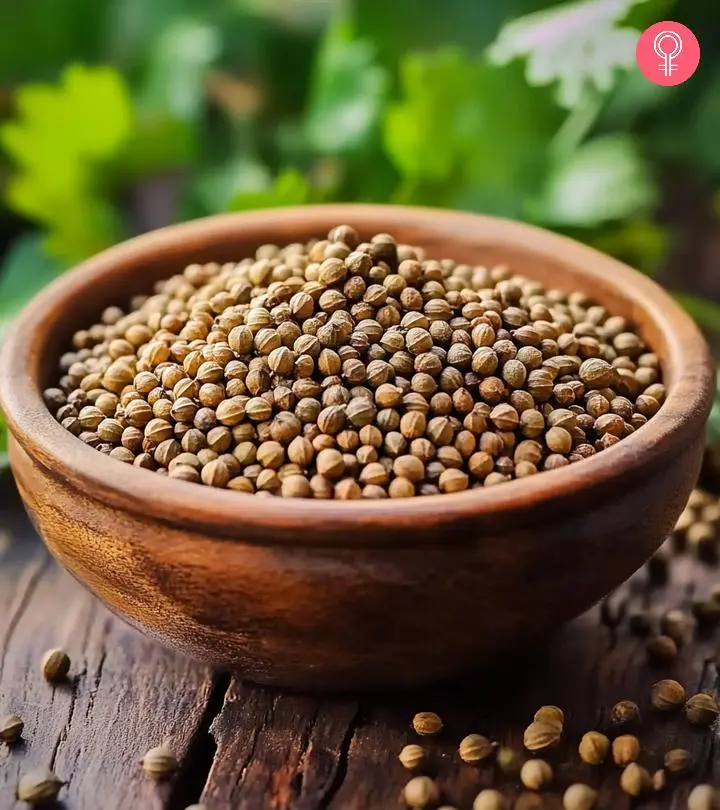
Image: Midjourney/ StyleCraze Design Team
A gorgeously fresh bunch of green coriander leaves or a generous splatter of coriander seeds as the final seasoning adds that perfect hint of zing and flavor to our food! While we use them pretty often in gravies and chutneys, we may not be aware of the side effects of coriander seeds. Though generally safe and beneficial to consume, there are a few things you should keep in mind while using coriander seeds. Let’s read on to know more!
 Know The Flip Side: Coriander Seeds
Know The Flip Side: Coriander SeedsShort-Term Effects
Rashes, trouble breathing, dizziness, sun sensitivity, joint pain, dehydration, and nausea.
Long-term Effects
May lead to excessive bile secretion and increase the risk of skin cancer.
Drug Interactions
May interact with diabetes medications and severely reduce blood glucose levels
When To See A Doctor
If you experience difficulty breathing, hernia, worms, and very low blood sugar levels (especially if you have diabetes).
In This Article
Side Effects Of Coriander Seeds
Undoubtedly, coriander seeds can benefit your health in several ways. But they are also associated with some side effects, Check out coriander seeds’ side effects which are given below:
1. Liver Problems
Excessive and prolonged use of coriander seeds can cause liver problems.
Oil components present in coriander seeds are usually helpful in treating liver problems, but its excessive use give rise to excessive bile secretion and causes abnormal conditions (1), (2).
 Fun Fact
Fun Fact2. Allergic Reactions
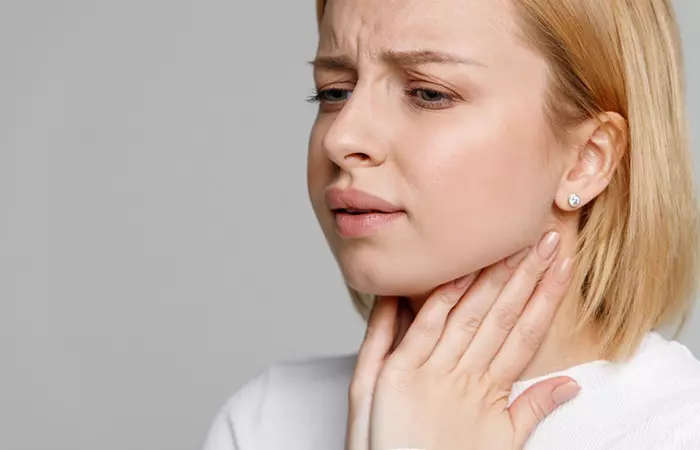
Some people might get allergic reactions like skin rashes, breathing difficulty, itching, swelling on the face/throat, dizziness, etc. from the usage of coriander seeds (3), (4). Also, anecdotal evidence suggests that a few individuals may have also experienced skin problems such as eczema and hives. Individuals with allergies to other plants in the Apiaceae family, such as carrots and celery, may also experience allergic reactions to coriander seeds. This phenomenon, known as cross-reactivity, occurs when the immune system mistakenly identifies the proteins in coriander seeds as allergens found in other Apiaceae plants. This can trigger allergic reactions like sneezing, runny nose, itchy eyes, or even more severe symptoms in some cases. If you are prone to these problems, it is advisable to consult your healthcare provider before using these flavoring agents.
3. Pregnancy And Breastfeeding
Here comes one of the serious side effects of coriander seeds that women should beware of! Pregnant and breastfeeding women should use coriander seeds in limited amounts because of their effect on gland secretion, especially thyroid gland, which can cause damage to the mother and fetus as well as reproductive glands (5).
4. Breathing Problem
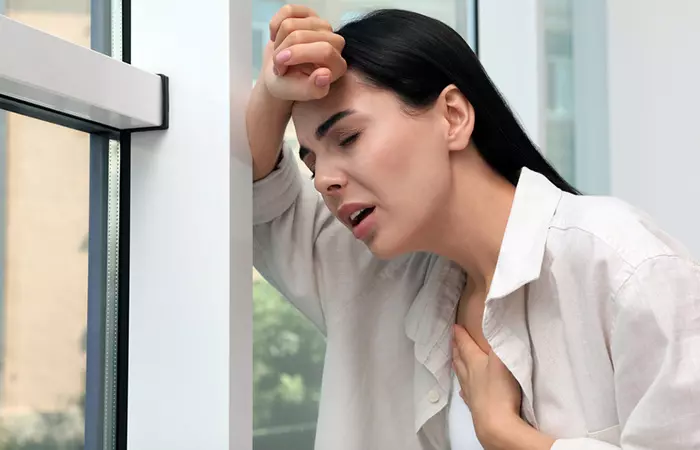
Prolonged and excessive use of coriander seeds can lead to respiratory issues such as asthma accompanied by chest pain, throat dryness, and throat tightening (6). Anecdotal evidence suggests that some individuals may also experience irregular heartbeats. If you face any such problems, quick medical attention is required.
5. Sun Sensitivity
Sometimes, the use of coriander seeds may cause sun sensitivity, increasing the risk of sunburns and skin cancer.
If you suffer from sun allergy or sensitivity, it is advisable to use it minimally, and that too after talking with your doctor.
6. Skin Problems

Some people might experience skin problems like inflammation, itching, irritation, dermatitisi A common skin condition characterized by inflammation, rashes, itchiness, and dry and cracked skin. , and skin darkening after using coriander seeds (7), (8). Medical advice is recommended in such a case and the use should be discontinued if any of these symptoms are observed.
7. Gastrointestinal Issues
Prolonged or excess use of coriander seeds may cause digestive problems, such as diarrhea, stomach ache, IBSi Irritable bowel syndrome; a chronic intestinal disorder that causes symptoms like abdominal pain, constipation, diarrhea, and bloating. , loss of appetite, and dehydration (7). Further, anecdotal evidence suggests that individuals might also experience bloating, abdominal pain, flatulence, and vomiting.
8. Lapse Of Menstruation

Generally, coriander seeds are used to treat menstrual disorders, but some women might experience lapses of menstruation as a result of their usage. If you are facing any such issue, you need to check your dosage (9).
9. Hypoglycemia Or Low Blood Sugar
Coriander seeds have been used in the treatment of diabetes as they have the ability to lower blood sugar level. If you are undergoing treatment for diabetes, you should monitor your blood sugar level before using coriander as its supplementation may reduce your blood sugar level drastically (10).
Nilofar Pendhari, a certified clinical nutritionist, says, “Coriander seeds should be used cautiously if you have low blood pressure or are taking medications for the same. Coriander might lower blood sugar and might interfere with blood sugar control during surgery. Stop using coriander at least 2 weeks before surgery.”
10. Other Side Effects

Several other coriander seeds side effects that you may encounter due to its consumption are toothaches, joint pain, worms, nausea, herniai A bulging of a tissue or an organ through an abnormal opening of the abdominal cavity and may cause pain and swelling. . Although these problems are not very common, one should be careful and consult a doctor in any case.
 Did You Know?
Did You Know?Key Takeaways
- If you consume corridaner seeds excessively, chances are you might experience high bile secretion and adversely affect your liver.
- People with sun sensitivity and allergies should not consume coriander seeds excessively as they can increase the risk of sun damage.
- You might experience inflammation, irritation and other skin issues like dermatitis when eating coriander seeds regularly.
- Coriander seeds can lower blood sugar levels in your body. And if you already face low blood sugar or hypotension issues, it is best to avoid coriander seeds.
Infographic: Most Common Unexpected Side Effects Of Coriander Seeds
Coriander seeds have been used in various dishes to make delicious food, powders, chutneys, and gravies. But overconsumption of these seeds can cause a lot of health issues, some more common than others.
Check out the infographic below to learn the most common side effects of eating too many coriander seeds. Illustration: StyleCraze Design Team
Coriander seeds add a pleasant aroma to meals and are a great addition to your spice rack. However, overindulgence may lead to a few health problems. The side effects of coriander seeds range from developing liver problems to possibly lowering blood sugar levels. It may lead to sun sensitivity, gastrointestinal issues, or various skin problems. Coriander seeds may lead to a lapse in menstruation and thereby cause fertility issues. In some cases, it can trigger allergic reactions as well. Limiting or avoiding its consumption can help avoid these complications.
Frequently Asked Questions
Can we drink coriander seed water daily?
Coriander seeds are loaded with many health-promoting properties. Hence, we can drink coriander seed water daily.
Do coriander seeds cause heat in the body or cool it down?
Coriander seeds can keep the body cool and lower body temperature.
Is coriander good for periods?
Coriander seeds exhibit emmenagoguei A substance or herb that stimulates, increases, and regulates menstrual flow due to hormonal disorders. properties and are the most effective remedy for irregular periods.
Illustration: Unexpected Side Effects Of Coriander Seeds
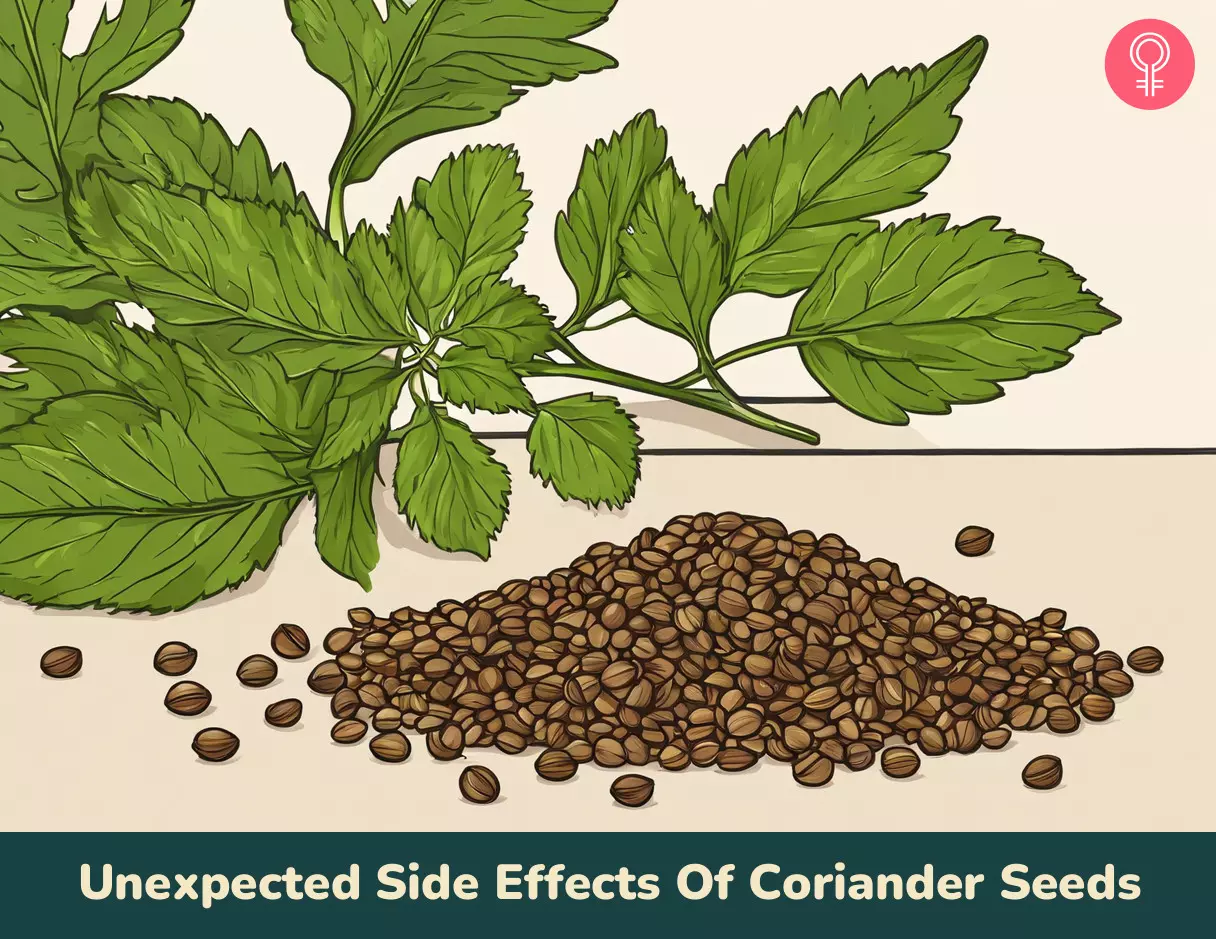
Image: Stable Diffusion/StyleCraze Design Team
Discover seven incredible coriander substitutes that will elevate your culinary creations. From fragrant herbs to zesty spices, check out the video below for these alternatives that will bring new flavors to your dishes.
References
Articles on StyleCraze are backed by verified information from peer-reviewed and academic research papers, reputed organizations, research institutions, and medical associations to ensure accuracy and relevance. Read our editorial policy to learn more.
- Stimulatory influence of select spices on bile secretion in rats
https://www.sciencedirect.com/science/article/abs/pii/S0271531700800305 - Managing bile acid diarrhoea
https://journals.sagepub.com/doi/abs/10.1177/1756283×10377126 - CORIANDER ANAPHYLAXIS IN A SPICE GRINDER WITH UNDETECTED OCCUPATIONAL ALLERGY
https://www.tandfonline.com/doi/abs/10.1179/acb.2006.025 - Beer anaphylaxis due to coriander as hidden allergen
https://casereports.bmj.com/content/2018/bcr-2018-225562.short - The Effect of Aquous Extract of Cariandrum Sativum on Fetal Weight and Height in Pregnant Mice
https://ijns.sums.ac.ir/article_45421.html - Immunological and respiratory findings in spice-factory workers
https://www.sciencedirect.com/science/article/abs/pii/S0013935188800240 - Coriander
https://www.ncbi.nlm.nih.gov/books/NBK501792/ - Efficacy of Topical Coriandrum sativum Extract on Treatment of Infants with Diaper Dermatitis: A Single Blinded Non-Randomised Controlled Trial
https://www.ncbi.nlm.nih.gov/pmc/articles/PMC5609694/ - The Effect of the Coriander Seeds on Reproductive Parameter on Female Mice
https://www.walshmedicalmedia.com/open-access/the-effect-of-the-coriander-seeds-on-reproductive-parameter-on-female-mice.pdf - Antioxidant Anti-Inflammatory and Antidiabetic Proprieties of LC-MS/MS Identified Polyphenols from Coriander Seeds
https://www.mdpi.com/1420-3049/26/2/487
Read full bio of Garima Singh
- Nilofar Pendhari is a Certified Clinical Nutritionist with 9 years of experience in dietetics. She specializes in weight loss and management and charts out effective diet plans to help her clients meet their fitness and weight loss goals.
 Nilofar Pendhari is a Certified Clinical Nutritionist with 9 years of experience in dietetics. She specializes in weight loss and management and charts out effective diet plans to help her clients meet their fitness and weight loss goals.
Nilofar Pendhari is a Certified Clinical Nutritionist with 9 years of experience in dietetics. She specializes in weight loss and management and charts out effective diet plans to help her clients meet their fitness and weight loss goals.
Read full bio of Tanya Choudhary
Read full bio of Ravi Teja Tadimalla
Read full bio of Moksha Gandhi






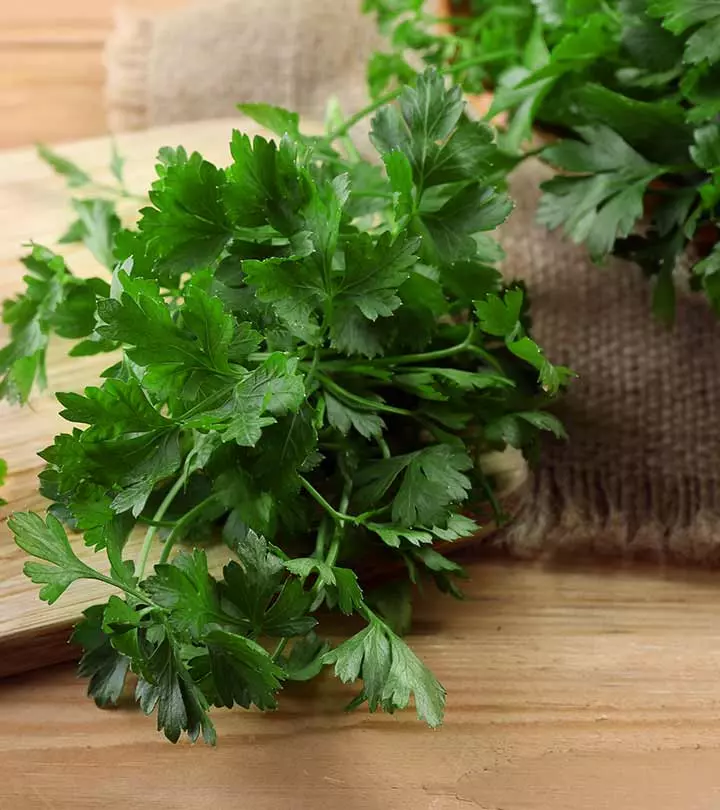
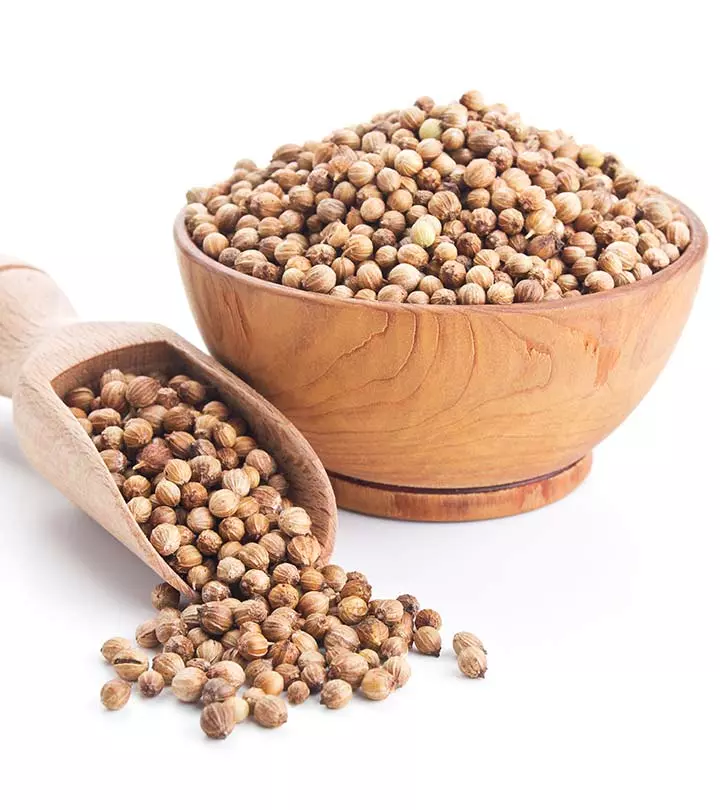
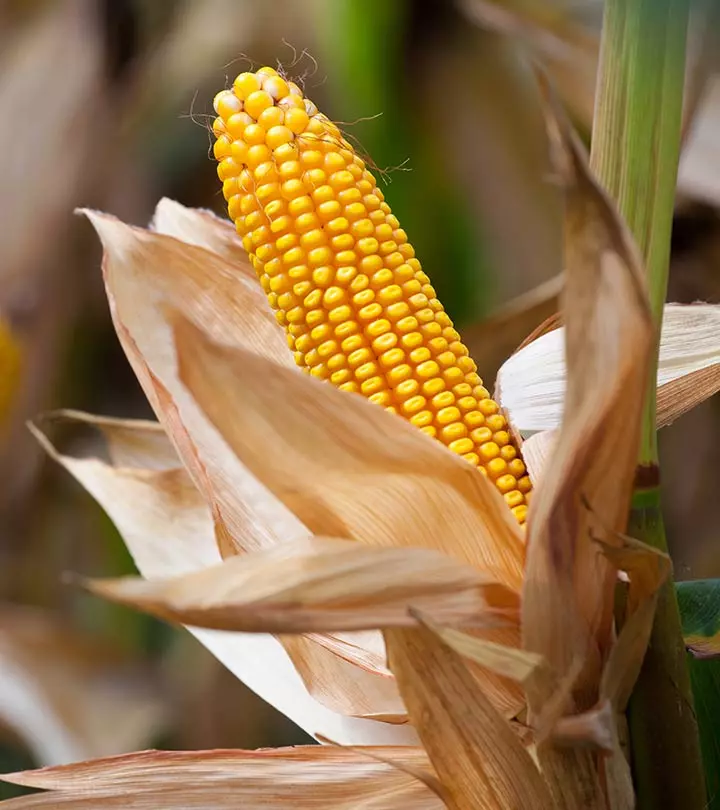
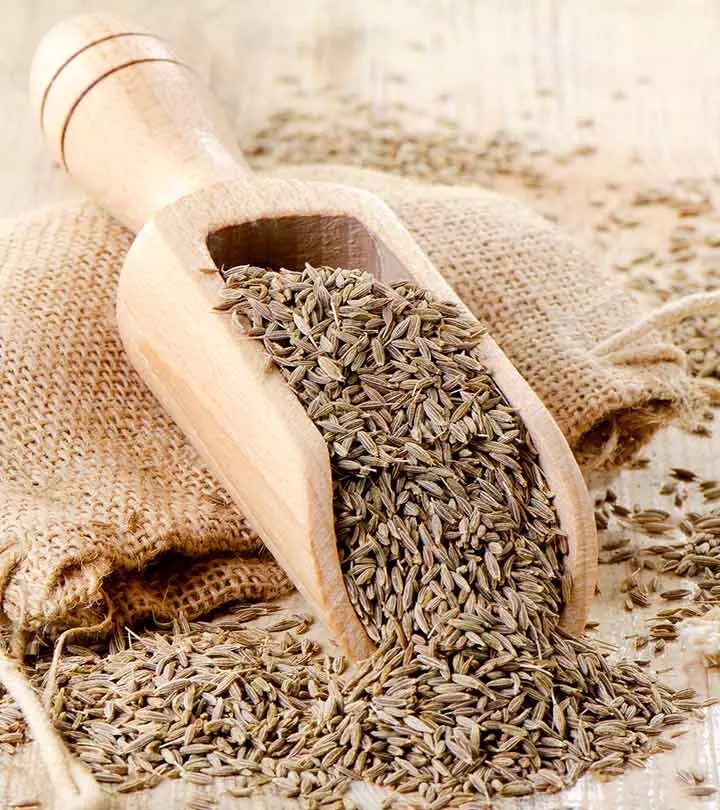
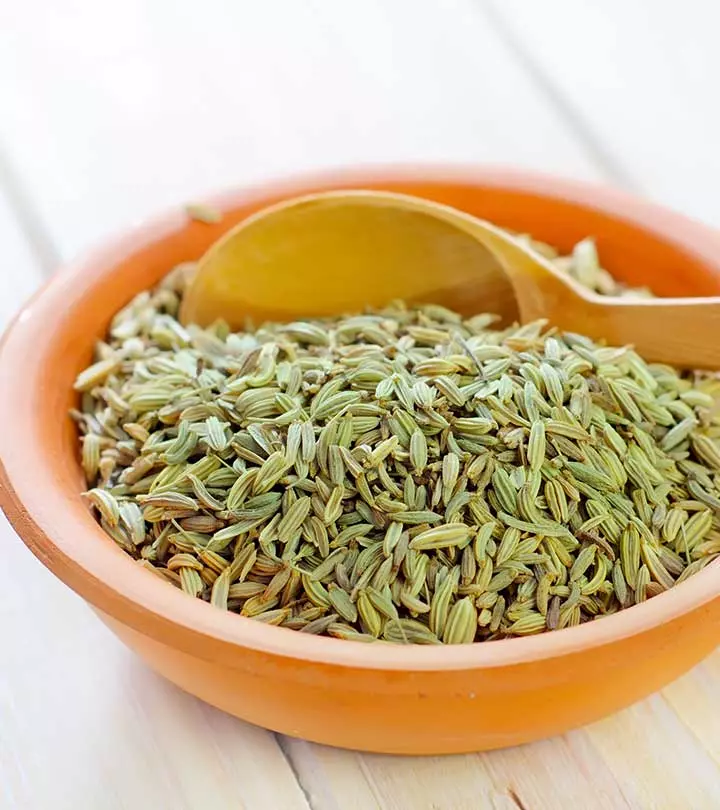
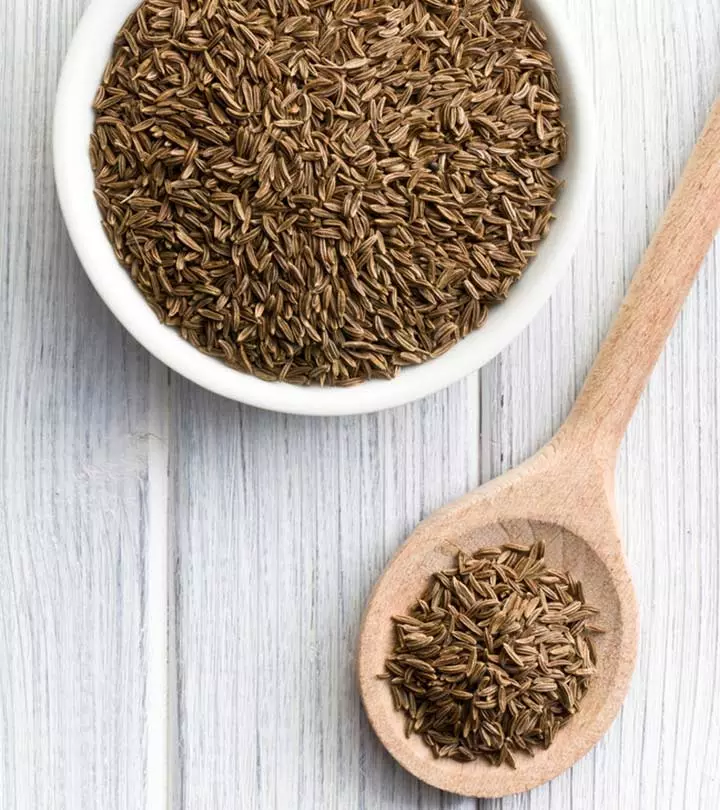
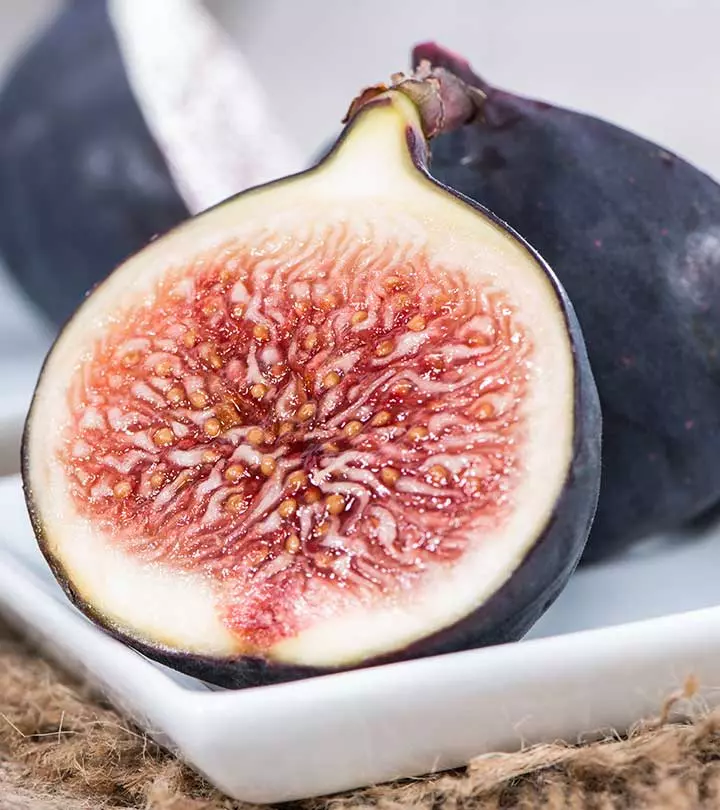
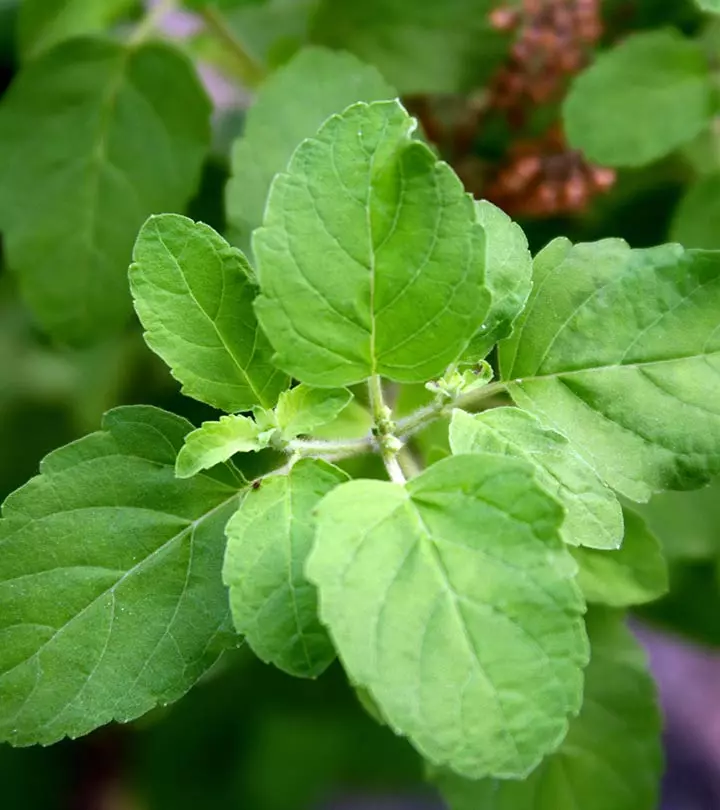
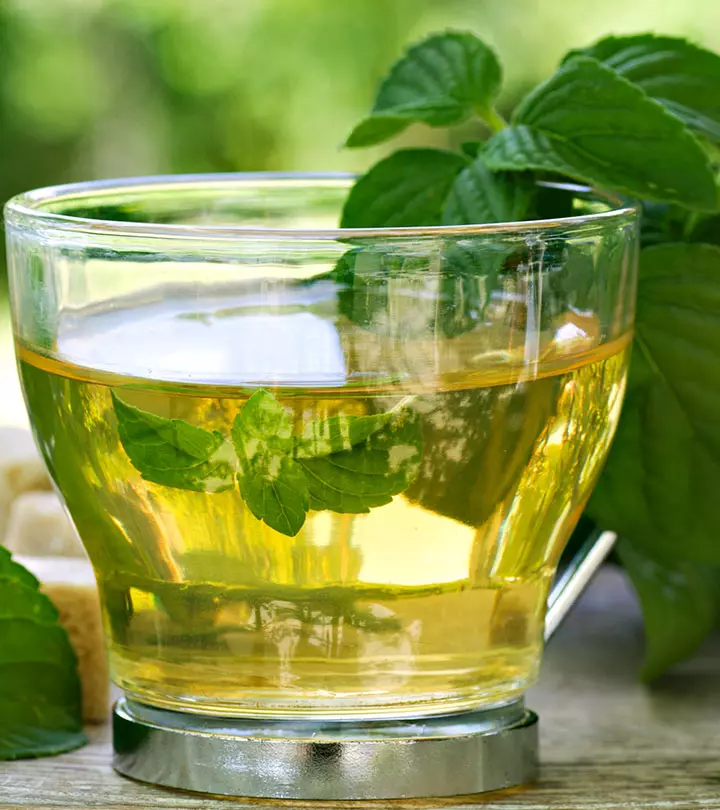

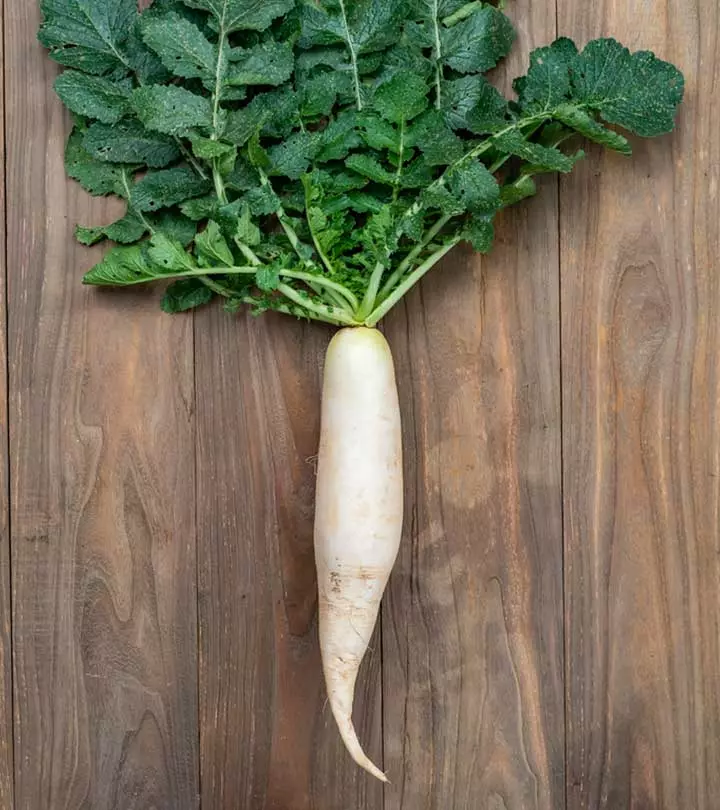
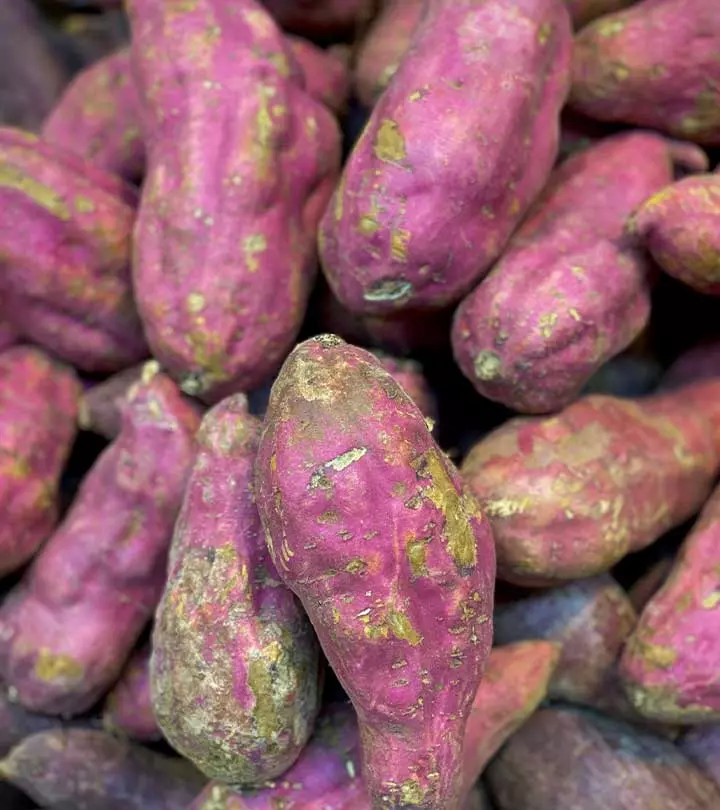
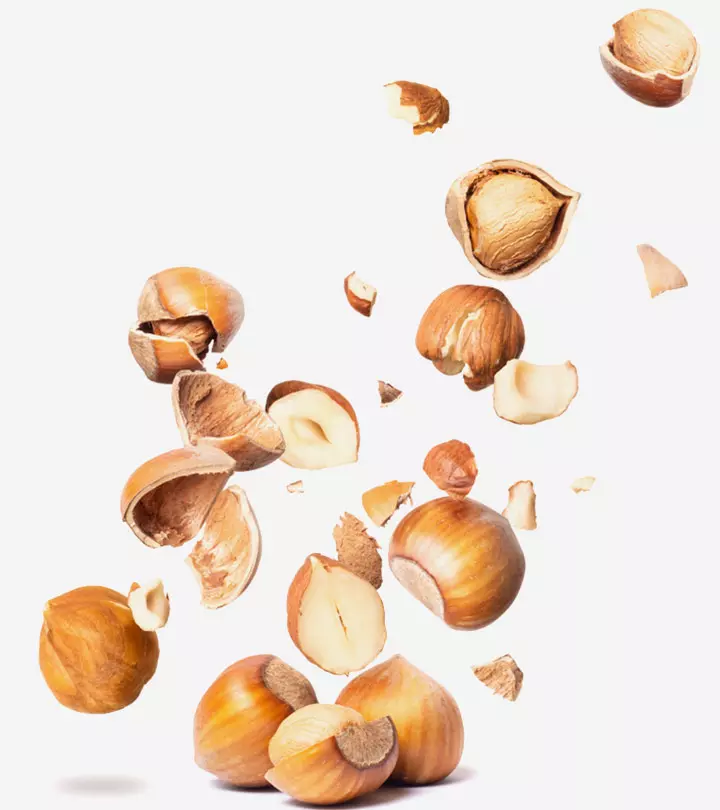

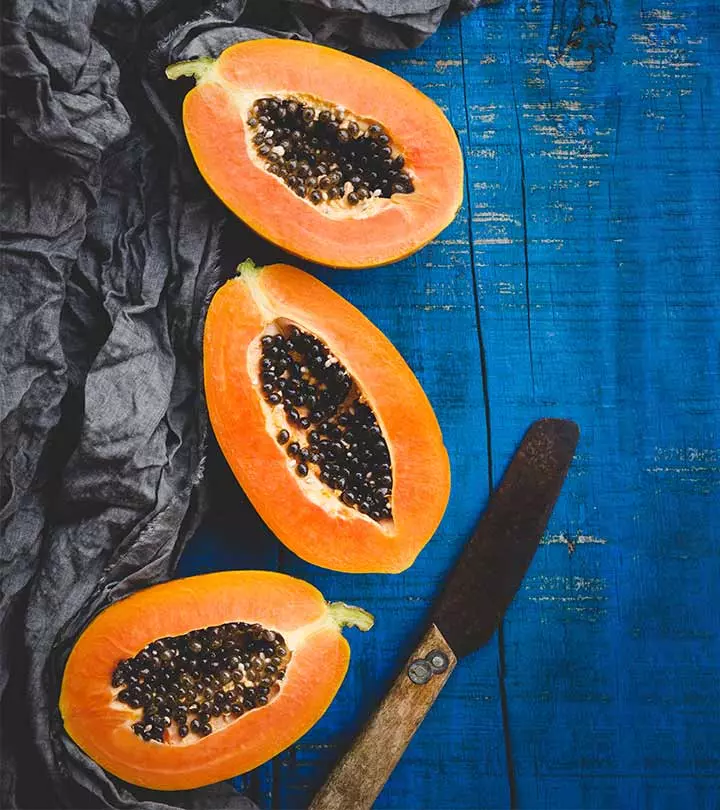

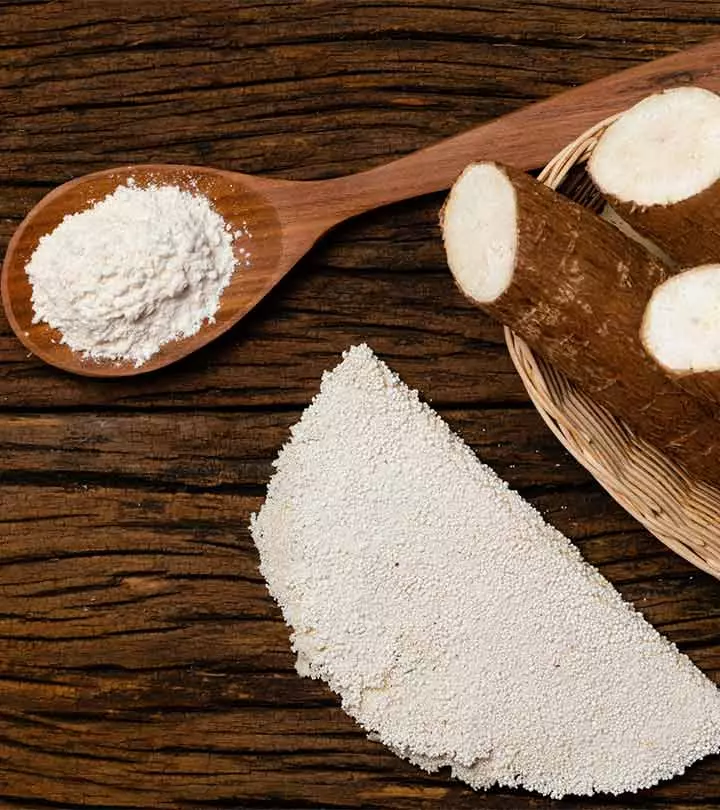
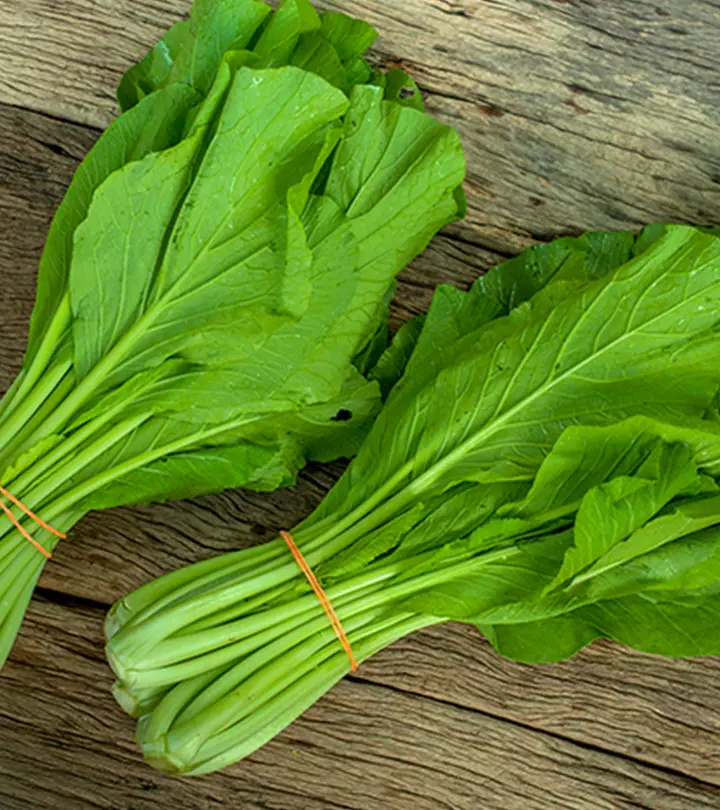
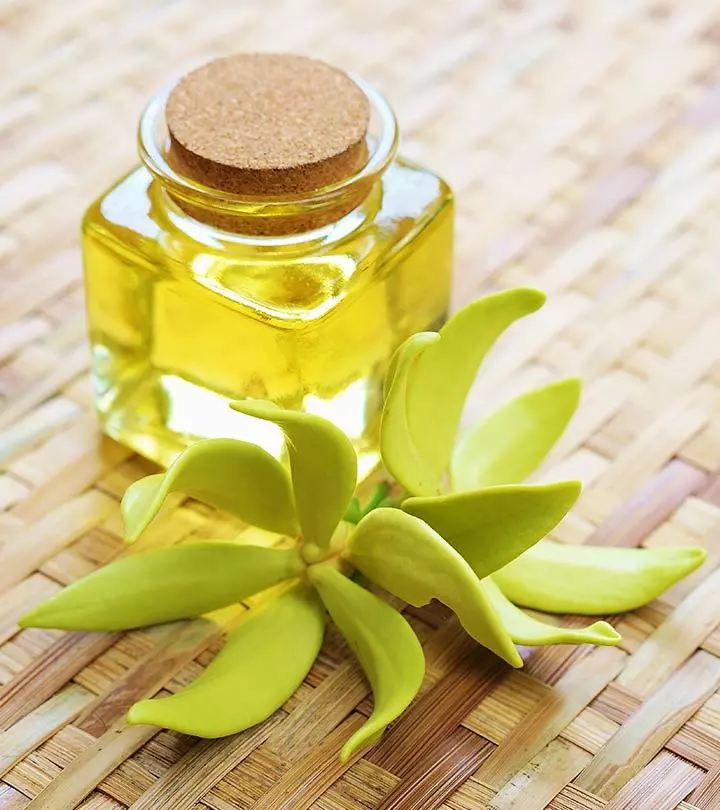
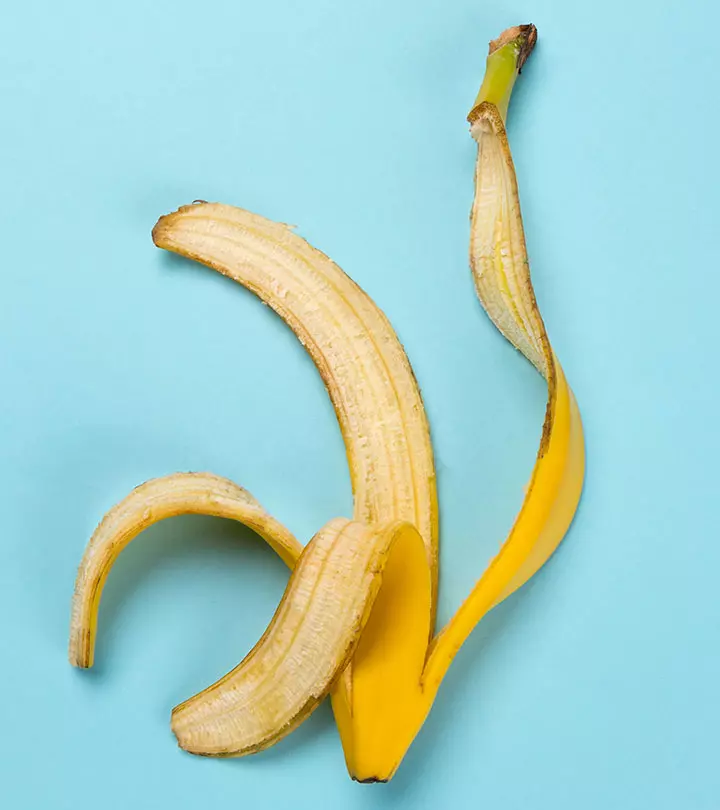
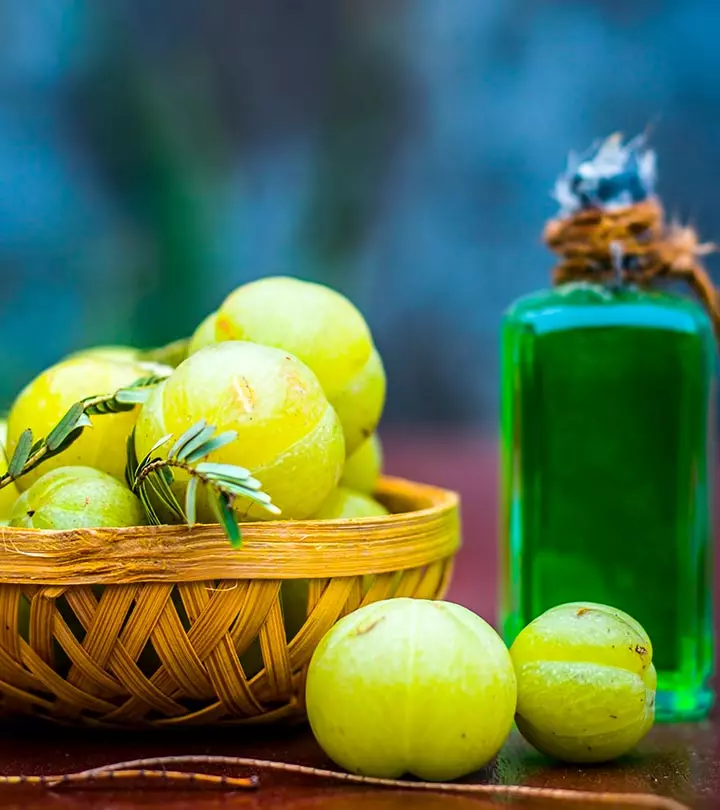
Community Experiences
Join the conversation and become a part of our empowering community! Share your stories, experiences, and insights to connect with other beauty, lifestyle, and health enthusiasts.